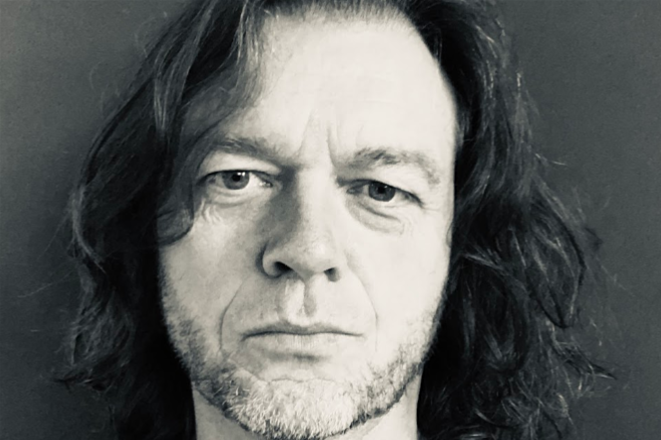Yoors is a new social media and content sharing network created by Henkjan de Krijger. It is currently focused on the Dutch market, but will expand to be available in many more languages next year.
Rather than relying on data selling and intrusive advertising like existing social media Yoors allows members to invest money in content published on the site. This means that people are rewarded for creating high quality content, as well as promoting it to others. We spoke to Henkjan about how Yoors works and why he created it.
Henkjan, what is your background in content marketing?
Since the beginning of the internet era I have wanted to close the gap between supply and demand and content marketing is the best way to do that. This is in contrast to ads, which have not developed into a better way to reach people but rather only became more and more intrusive and even eat into your privacy and data.
Can you explain exactly what Yoors is and does?
Yoors is a content platform where you are paid for every pageview your content generates. So if your creation generates 1 pageview you are paid. We pay 1 euro for 1000 views (1000 Yps = Yoors Points). There is one rule: It must be real pageviews and not generated pageviews. If you are caught doing that, you are out.
And we have an investment system so readers can earn money as well. For example, say a reader decides to give you 100 Yps. As a creator you always earn a 10% royalty fee. That’s 10 Yps to you, and the reader can potentially double their investment.
This can be done through the investment queue.
Yoors works as a First in, First out system. The person who is investing as first, which can be the creator herself, receives the first return on their investment – up to double their initial investment.
Before you invest you really have to think about this point: How many people are going to invest after me?
What gave you the inspiration to create Yoors?
The explicitly commercial and intrusive behaviours of existing platforms which are only doing one thing: exploiting you, your data, your attention and your privacy.
What problems do you see with existing social media and content hosting sites that Yoors will resolve?
The problem with platforms like Google, Facebook and Twitter is that they see the user as a user. A person who’s addicted. You can exploit this person anyway you prefer.
Yoors is the platform which emancipates the members. Yes we call them members! So they have a voice and a vote on the platform. We are all equal.
How did you create Yoors?
I created it with a small team centred on me as founder and 100 percent investor. After selling my former company I decided that Yoors must become my legacy and it should be a social enterprise. It needs to earn money of course to be sustainable but that simply enables it to exist – it is not the reason to exist.
Do you have plans to expand the reach of Yoors, possibly with versions in different languages?
Yes, it’s already available in English on a small basis and in 2019 it will be available in all Western languages.
If Yoors does not sell data how does it get the money to pay people for creating and adding content?
People pay for landing pages and for upvote credits – the credits to make an investment in a post. And in the near future that can be an investment in a music track or a vlog. So the lurking member becomes a micro-investor!
For a few cents you can invest and double your investment. Always 10% of each investment goes to the creator and 10% goes to Yoors – the rest is left to grow.
That investment strategy encourages the creation of quality content, because nobody will invest in poor content. Because of the micro-investments, the post will also get more attention, which attracts more micro-investors etc. The system is very playful and satisfying.

